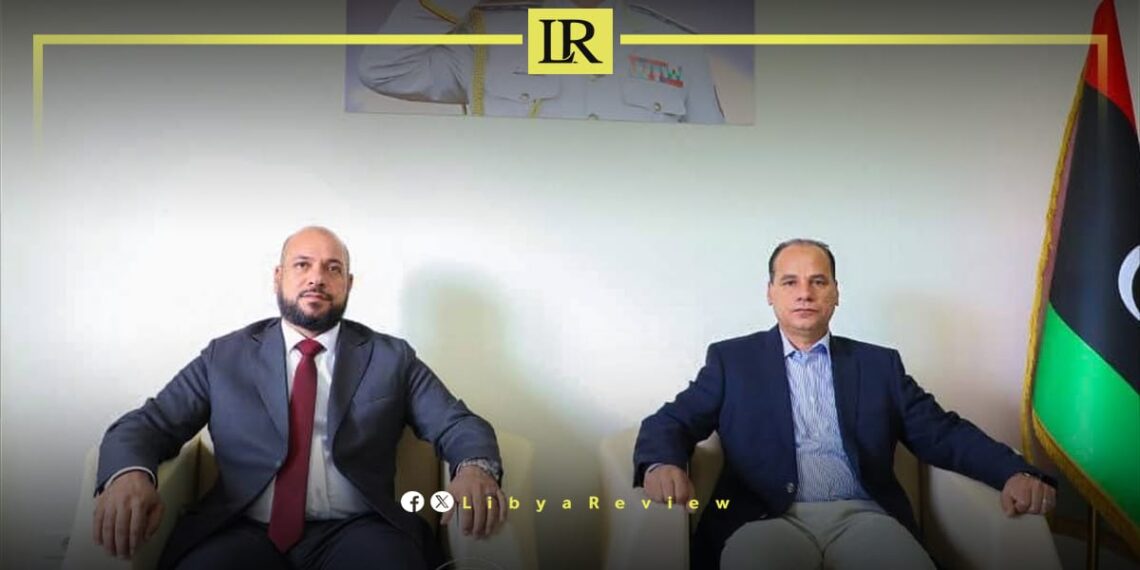The Libyan Parliament-designate government has announced a new initiative aimed at safeguarding water quality and ensuring the long-term sustainability of water supplies in the southern region. The plan seeks to secure clean drinking water for residents while protecting public health amid growing concerns about groundwater contamination.
Deputy Prime Minister and Defence Minister Ahmed Houma held a meeting in Benghazi with Industry and Minerals Minister Mohamed Abdelkader to discuss urgent issues affecting southern Libya, according to a statement from the Cabinet Office of the Parliament-designate government. The talks focused on the need to guarantee the safety of drinking water sources and to verify the absence of any contaminants, including potential radioactive materials, in the region’s wells.
The government said the meeting represents a preliminary step in a wider strategy that will be developed through a series of expanded sessions in the coming period. These upcoming meetings will include the Minister of Water Resources, the Minister of Environment, experts from the Nuclear Research and Atomic Energy Centre, and academics from Libyan universities. The aim is to create a unified action plan to maintain water quality and secure sustainable water supply systems in the south.
Authorities emphasised that monitoring groundwater sources has become a priority, especially as southern communities rely heavily on deep wells for daily water consumption. Ensuring that these sources remain free from pollution is considered essential for public safety and long-term stability.
The government reaffirmed its commitment to strengthening coordination between ministries, technical institutions, and scientific experts. It also highlighted the importance of conducting detailed assessments to identify risks, introduce protective measures, and develop long-term solutions that will help maintain consistent water flow without compromising the well-being of residents.


